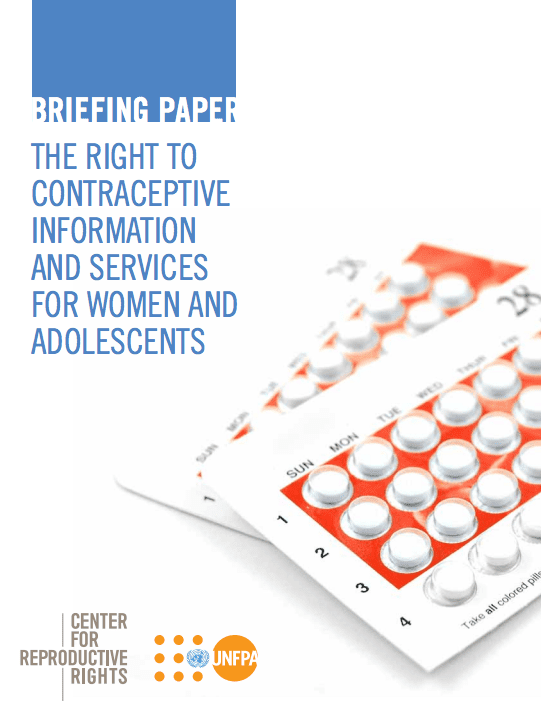How To Find Out If and When Your Health Plan Will Begin Covering Women’s Preventive Services with No Co-Pay
 | Our partners at the National Women’s Law Center have graciously let us share this Fact Sheet with you. Please visit their website for more details on contraceptive coverage. |
If your plan is not grandfathered*, your health plan should be providing coverage for women’s preventive services with no cost-sharing in the next plan year. Call your insurance plan to find out when you’ll begin receiving coverage for women’s preventive services without cost sharing and how these services will be covered.
We have provided a phone script for you to use when talking to your insurance plan. (Be aware that if your next plan year is more than 30 days away, your plan may not know the details of the new coverage. You may need to call them back closer to the first day of the new plan year.)
Who Should You Call?
We recommend you call the phone number on your insurance card. That number should connect you to customer service for your insurance company or plan and should have the most up to date information about your health plan. If you have an employer-sponsored plan, you may have a benefits administrator you can also ask. Remember, the person answering the phone is not the person making the decisions.
What Should You Say?
The phone script provided on the next pages includes suggested questions you can ask to find out if your plan is providing the women’s preventive services and details about what services they are providing. You do not have to follow the script perfectly. You can use it as a guide.
Opening Question:
Hi. I understand that, under the health care law, new health plans will be providing coverage for women’s preventive services, such as a well woman visit and birth control, with no cost sharing. I am trying to find out whether my plan will be providing these services. Can you tell me when my next plan year or policy year starts and whether my plan is grandfathered under the health care law?
If they say that the plan is not grandfathered:
Q: That means the plan should be providing coverage for the women’s preventive services without cost sharing as of (DATE OF NEXT PLAN YEAR). Is that correct?
If they say NO:
Q: Do you know why the plan is not following the requirement?
(If the associate you are speaking with is unable to answer, you may want to ask to speak with a supervisor. It is possible the associate does not have information on the next plan year.)
If they remain firm that the plan is not providing the coverage then call us at 1-866-PILL4US or email [email protected]
If they say YES:
Q: Do you have information on what services are covered with no cost-sharing?
You may want to ask about a particular service you plan to use. For example, you could ask:
Is it possible to find out if a specific birth control pill will be covered without a co-pay?
Can you tell me if all costs associated with the placement of an IUD are covered without co-pays, including doctor visits and the cost of the procedure?
Do you have details on how breastfeeding support and supplies will be covered?
If they say that the plan is grandfathered:
Q: Do you know if the plan will still be providing the women’s preventive services without cost sharing?
If they say NO:
Grandfathered plans do not have to provide the women’s preventive services, so your plan does not have to provide these services. If you have employer-sponsored insurance, at the next open enrollment you can look at the materials to see if the plan becomes ungrandfathered or if there is another plan option.
If they say YES:
Potential follow up questions you could ask on how services will be covered:
Is it possible to find out if a specific birth control pill will be covered without a co-pay?
Can you tell me if all costs associated with the placement of an IUD are covered without co-pays, including doctor visits and the cost of the procedure?
Do you have details on how breastfeeding support and supplies will be covered?
* There is a limited religious exemption and a safe harbor period for organizations with religious affiliations that have a religious objection to providing contraception or sterilization services. If your employer or school is claiming the exemption or safe harbor, then your plan will still have to provide the women’s preventive services not related to contraception or sterilization at the start of the next plan year.
Download a PDF of this Fact Sheet >,

